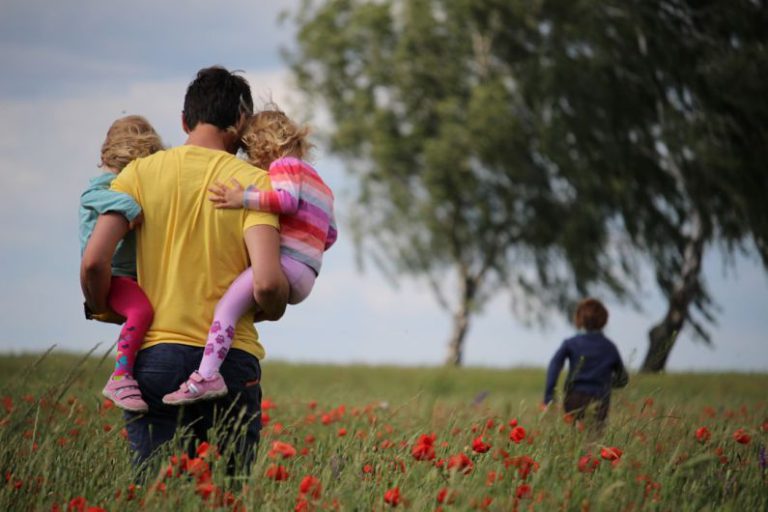How to Build Emotional Resilience in Kids?
In today’s fast-paced and ever-changing world, it is crucial for children to develop emotional resilience from a young age. Emotional resilience refers to the ability to adapt to stressful situations, cope with challenges, and bounce back from setbacks. Building emotional resilience in kids is essential for their overall well-being and success in life. By equipping children with the necessary tools to navigate through difficult emotions and experiences, we can help them develop a strong foundation for handling life’s ups and downs. Here are some strategies to help parents and caregivers foster emotional resilience in children.
**Encourage Emotional Expression**
One of the first steps in building emotional resilience in kids is to encourage them to express their feelings openly and honestly. Create a safe and supportive environment where children feel comfortable sharing their emotions without fear of judgment. Encourage them to talk about how they are feeling, whether it’s joy, sadness, anger, or frustration. By validating their emotions and teaching them that it is okay to feel and express different feelings, children learn to develop a healthy relationship with their emotions.
**Teach Problem-Solving Skills**
Teaching children problem-solving skills from a young age can help them navigate through challenging situations with confidence. Encourage children to identify the problem, brainstorm possible solutions, and evaluate the consequences of each option. By teaching children how to think critically and make informed decisions, they learn to approach problems with a positive and proactive mindset. Problem-solving skills not only help children build emotional resilience but also empower them to take control of their own lives.
**Promote Positive Thinking**
Promoting positive thinking is another important aspect of building emotional resilience in kids. Teach children to reframe negative thoughts into positive ones and focus on solutions rather than problems. Encourage them to practice gratitude and find the silver lining in difficult situations. By cultivating a positive outlook on life, children learn to approach challenges with optimism and resilience. Positive thinking not only helps children cope with stress and adversity but also boosts their self-esteem and mental well-being.
**Encourage Independence**
Encouraging independence in children is essential for building emotional resilience. Allow children to make age-appropriate choices and decisions, and give them the freedom to learn from their mistakes. Empower children to take on responsibilities and challenges, and support them as they navigate through new experiences. By fostering independence, children develop confidence in their abilities and learn to trust themselves in difficult situations. Independence helps children build resilience by teaching them to rely on their own strengths and capabilities.
**Practice Mindfulness and Self-Care**
Introducing children to mindfulness practices and self-care routines can help them build emotional resilience and manage stress effectively. Teach children to practice deep breathing exercises, meditation, or yoga to help them stay calm and centered in challenging situations. Encourage them to engage in activities that bring them joy and relaxation, such as spending time in nature, reading a book, or pursuing a hobby. By prioritizing self-care and mindfulness, children learn to take care of their emotional well-being and build resilience against the pressures of everyday life.
**Foster Strong Support Networks**
Building strong support networks is crucial for children to develop emotional resilience. Encourage children to build positive relationships with family, friends, teachers, and mentors who can offer guidance and support during tough times. Teach children the importance of seeking help when needed and reaching out to trusted individuals for emotional support. By fostering strong connections with others, children learn that they are not alone in their struggles and that there are people who care about them and are willing to help. Strong support networks provide children with a sense of belonging and security, which are essential for building emotional resilience.
**In Summary**
Building emotional resilience in kids is a gradual process that requires patience, consistency, and support from parents and caregivers. By encouraging emotional expression, teaching problem-solving skills, promoting positive thinking, fostering independence, practicing mindfulness and self-care, and fostering strong support networks, we can help children develop the resilience they need to navigate through life’s challenges with courage and confidence. By equipping children with the necessary tools and strategies to cope with adversity, we can empower them to thrive in an ever-changing world.






